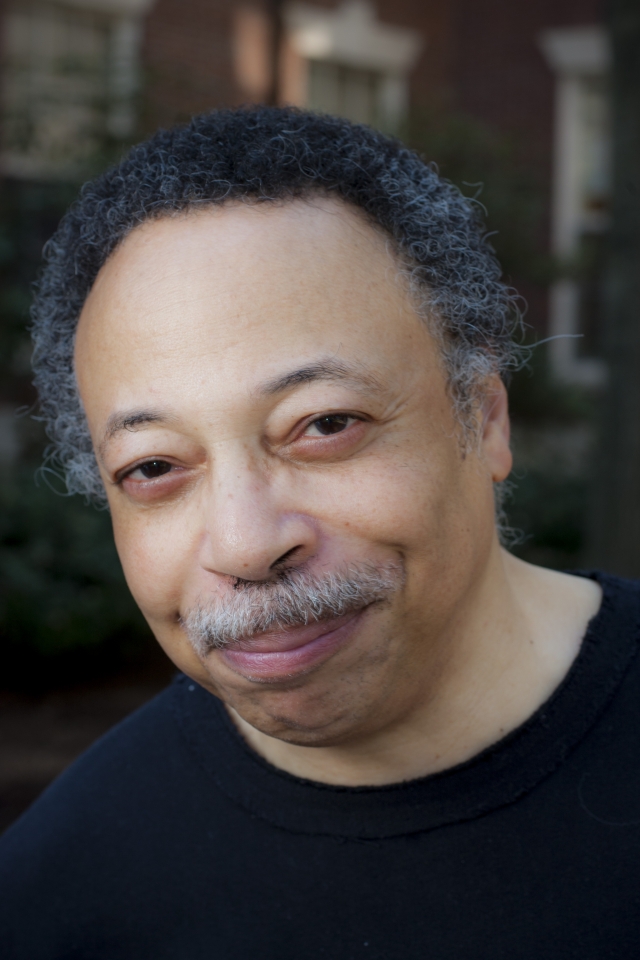What is the importance of the poet in the public sphere?
George Elliott Clarke, Parliamentary Poet Laureate of Canada and E.J. Pratt Professor of Canadian Literature at the University of Toronto, is a literary critic keen to understand the rich history and continuing influence of Canadian literary cultures, the role of poets as cultural game-changers who can mobilize the power of language to challenge the way we think. As a poet, Clarke steps up to this role himself, in accessible, dramatic writing, and moving public performances. A scholar, poet and activist, Clarke pursues the mandate of Parliamentary Poet Laureate “to encourage and promote the importance of literature, culture and language in Canadian society” with a characteristic combination of intellectual vigour, contagious enthusiasm, and personal panache.
In “Poets Revisioning the Constitution,” Clarke’s address at Congress 2017, he will revisit the works and lives of four iconic Canadian poets and their representations of and responses to the données of Canadian civil rights and attitudes toward Indigenous peoples, multiculturalism, bilingualism, and sexual equality, reconsidering their early- and mid-20th-century conceptualizations from the vantage point of Canada’s sesquicentennial. These writers’ diverse commitments to participation in the public realm and influence on Canadian identities in their poetry, policies, and practices, is both powerful and controversial: they include Duncan Campbell Scott, a bureaucrat in the Department of Indian Affairs and engineer of the residential schools system; F.R. Scott, a constitutional lawyer and member of the Royal Commission on Bilingualism and Biculturalism; Pauline Johnson, a Mohawk essayist-activist and early feminist performance artist; and A.M. Klein, a Jewish civil rights advocate, speech-writer, and lawyer.
Clarke is a celebrated poet, novelist, playwright, screenwriter, anthologist and literary scholar who has written extensively about race, social justice, and civil society in Canada. Born in Windsor, Nova Scotia, a seventh-generation Canadian of African-American and Mi’kmaq heritage, Clarke coined the term “Africadian” and pioneered the study of African-Canadian literature.
Clarke will speak at the joint plenary session of the Association of Canadian College and University Teachers of English, the Association of Canadian and Quebec Literatures, and the Canadian Association for Commonwealth Literature and Language Studies, on Sunday, May 28th, at Ryerson University, Heidelberg 201. His lecture is open to the Public.

